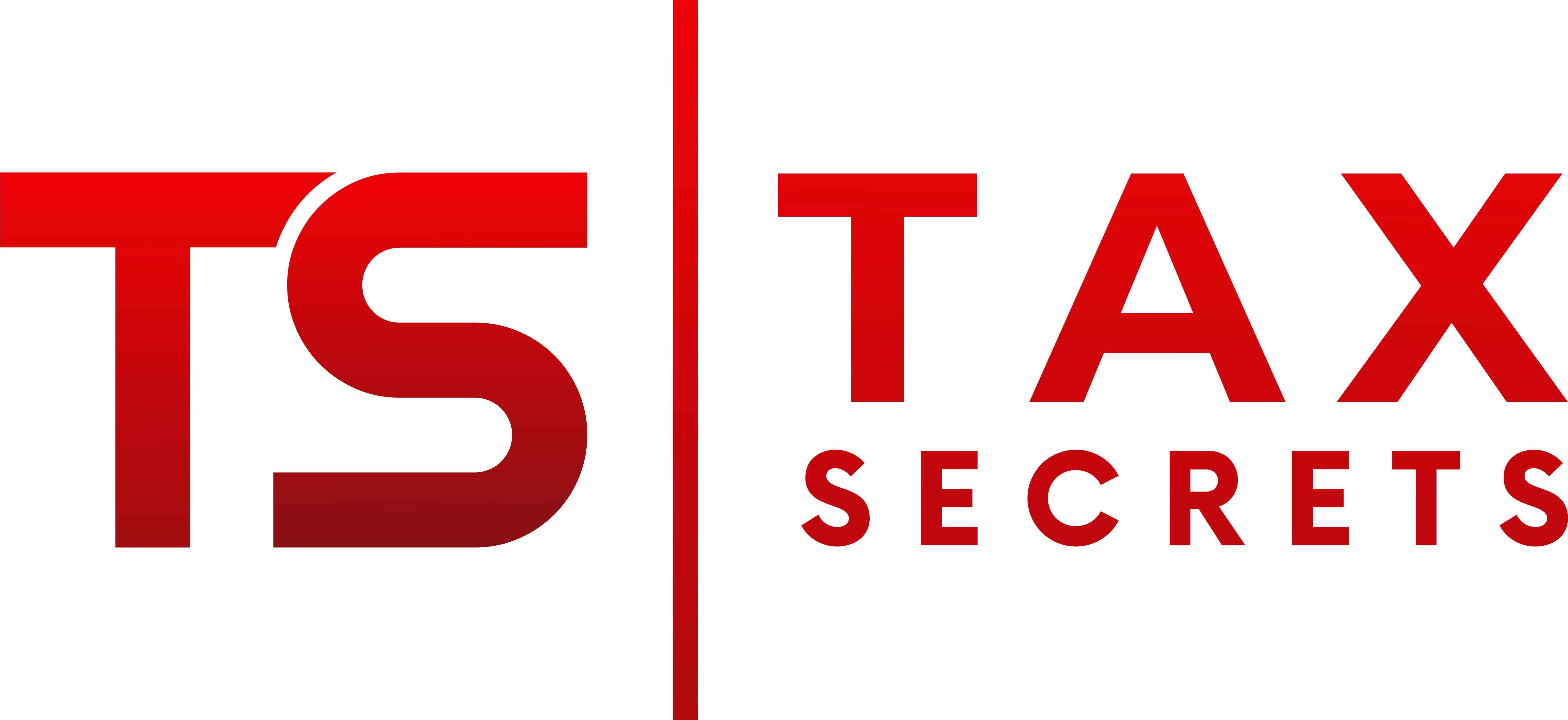Common IRS Audit Triggers for Small Businesses: How to Avoid Them
As a small business owner, the word ‘audit’ can be a source of anxiety. However, understanding the common triggers for an IRS audit and taking proactive steps can significantly reduce the likelihood of facing one. This article explores the factors that could lead to an IRS audit for small and medium-sized businesses (SMBs) and provides practical tips on how to avoid them.
Discrepancies in Reported Income
One of the most common triggers for an IRS audit is discrepancies in reported income. The IRS cross-references your reported income with the 1099s and W-2s they receive from other businesses and individuals. If there’s a mismatch, it could trigger an audit. To avoid this, ensure that your reported income matches the income reported by your clients, customers, and employees.
Excessive Deductions
While it’s perfectly legal to claim legitimate business expenses, excessive or unusual deductions can raise red flags. This includes high deductions for travel, meals, entertainment, and home office expenses. To avoid suspicion, only claim deductions that are necessary and ordinary for your business, and always keep detailed records to substantiate your claims.
Large Cash Transactions
If your business deals with a lot of cash, you may be more likely to be audited. The IRS requires businesses to report cash transactions over $10,000. Failure to do so can trigger an audit. To stay compliant, make sure to report all large cash transactions and keep meticulous records.
Consistent Business Losses
If your business consistently reports losses, the IRS may question whether your business is genuinely trying to make a profit. If you’re not, your business could be classified as a hobby, and you could lose your business deductions. To avoid this, ensure your business activities are carried out in a businesslike manner with the intent to make a profit.
Late or Incomplete Filing
Filing your tax returns late or submitting incomplete or inaccurate forms can also trigger an audit. To avoid this, always file your tax returns on time and double-check your forms for accuracy before submitting them.
Avoiding an IRS audit largely comes down to good organization and timely filing. Keep accurate records of your income and expenses, file your tax returns on time, and be honest in your reporting. If you’re unsure about anything, it’s always a good idea to consult with our office.
If you need help with organization, responding to a notice, or any other aspect of your business’s finances, don’t hesitate to reach out to our office. Our team of experienced professionals is here to help you navigate the complexities of small business taxation and ensure your business stays on the right side of the IRS.

